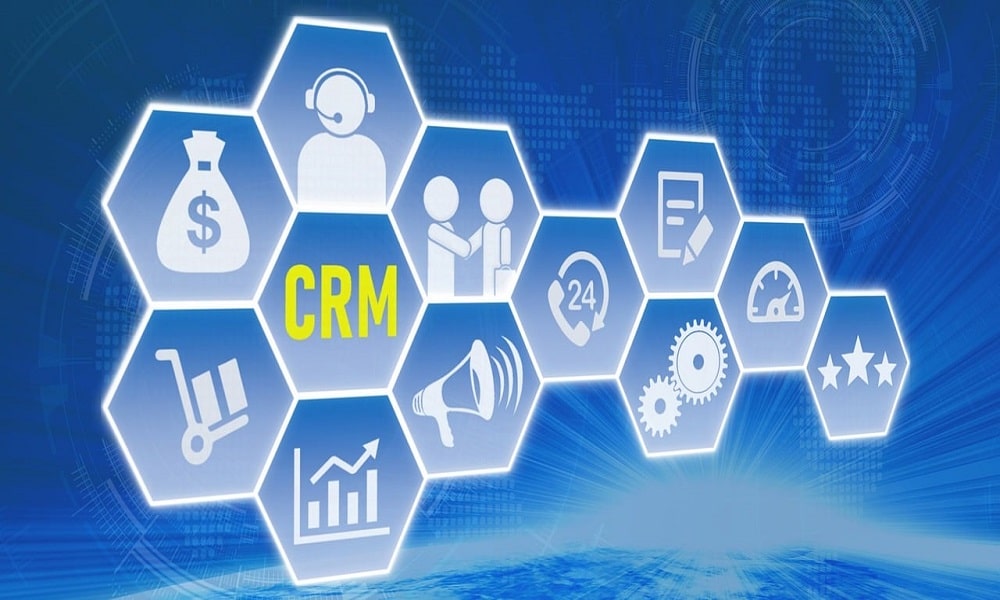In the changing world of healthcare delivery systems today, it is crucial to prioritize patient-centered care. Customer Relationship Management (CRM) solutions have become increasingly important as they play a vital role in improving this approach. When integrated properly into the system, CRM solutions can enhance patient-centered care, resulting in better overall outcomes and experiences. This article delves into the ways in which CRM solutions are driving this transformation within the healthcare sector.
Enhancing Patient Engagement
CRM for patient services teams and systems provides a significant advantage by enhancing engagement levels. These systems create customized communication platforms that improve the quality of interactions between healthcare professionals and patients. By utilizing automated notifications and personalized messages alongside tailored health guidance, patients are empowered with information that helps them stay well-informed and involved in their healthcare journeys.
Improved Communication and Coordination
CRM platforms support enhanced interaction and teamwork within healthcare groups by consolidating information for sharing across departments and staff members. This teamwork helps decrease miscommunications and errors while improving the standard of care. When all individuals involved in treatment can access data, they are better equipped to make well-informed choices, resulting in improved patient outcomes.
Streamlining Administrative Tasks
Daily tasks in healthcare facilities can be quite time-consuming and resource-intensive. CRM systems automate these tasks, enabling healthcare providers to prioritize care by saving time. From appointment scheduling to handling billing operations, these systems simplify workflows, resulting in improved efficiency and a reduced workload. This transformation allows medical professionals to focus on understanding and meeting patient needs.
Personalized Care Plans
Healthcare providers utilize CRM systems to develop customized care plans that cater to each patient’s needs. By analyzing patient data, providers can recognize trends and patterns that help in crafting treatment strategies effectively aligned with health conditions and preferences. This approach enhances patient satisfaction and adherence to treatment protocols, as patients feel a greater sense of being understood and supported.
Enhancing Patient Feedback
Feedback is essential for improving the quality and efficiency of healthcare services. CRM systems enable patients to provide feedback effortlessly through surveys, questionnaires, or direct communication channels. This feedback offers valuable insights into patients’ experiences, helping healthcare providers pinpoint areas needing enhancement. By seeking and responding to feedback, healthcare organizations demonstrate their commitment to improvement and patient satisfaction.
Data-Driven Decision Making
Integrating CRM systems in healthcare environments facilitates decision-making based on data analysis. With access to information, hospital staff can observe patterns in healthcare outcomes and identify areas that require attention. This data-driven approach allows for well-informed decisions, resulting in improved patient care. By leveraging data, providers can proactively address health concerns and implement preventive measures, leading to better long-term health outcomes.
Strengthening Patient-Provider Relationships
Established trust and strong connections are essential for delivering quality, patient-focused healthcare services. The use of CRM systems helps healthcare professionals foster relationships by managing detailed patient records and gaining insights into their medical backgrounds. This enables providers to engage in meaningful dialogues with patients, building trust and rapport. As a result, improved communication encourages patients to share their health issues, leading to more accurate diagnoses and effective treatment strategies.
Facilitating Follow-Up Care
Providing follow-up care is vital to ensure the effectiveness of treatment methods. CRM systems streamline follow-up procedures by setting reminders for appointments, medication routines, and preventive check-ups. This proactive strategy ensures that patients receive the necessary care when needed, lowering the chances of complications or return visits. By involving patients in their treatment plans, CRM systems help improve health outcomes and overall satisfaction.
Conclusion
The incorporation of CRM systems in healthcare environments represents a significant advancement in promoting patient-focused care. These systems enhance engagement, simplify administrative duties, enable tailored care strategies, and foster improved communication. They address critical aspects of healthcare provision, support data-informed decision-making, promote relationships between patients and providers, and ensure follow-up care. As the field of healthcare continues to evolve, embracing CRM systems is poised to shape the future of patient-centered care, ultimately benefiting both patients and healthcare professionals alike.


